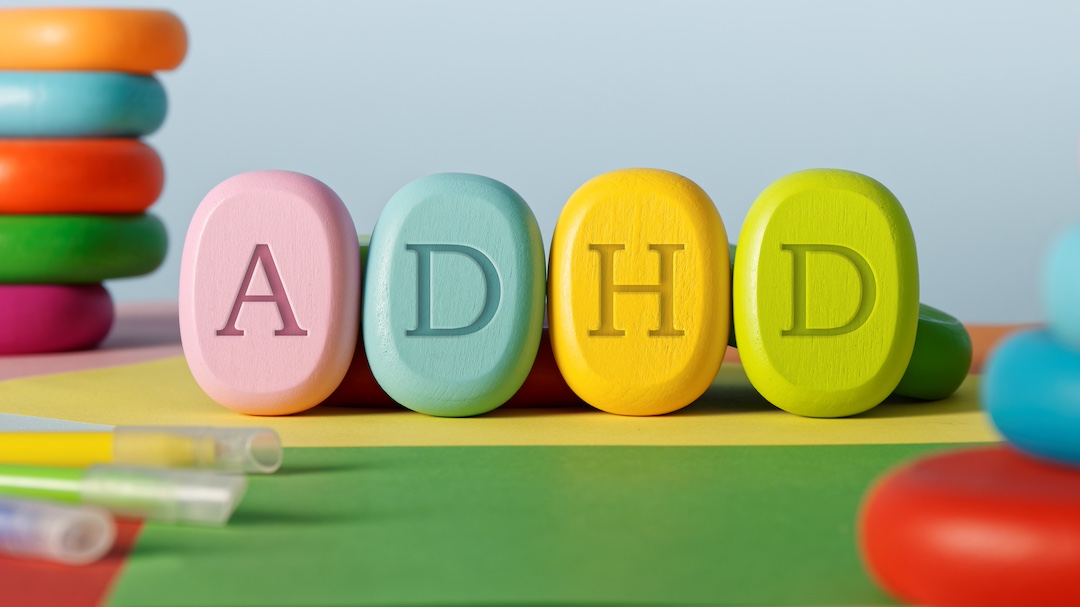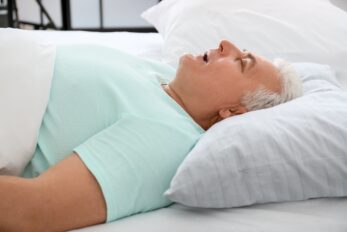We talk to a lot of adults struggling with sleep issues, and more and more of them are being diagnosed—or already treated—for ADHD. That got us thinking: What’s the connection? Could sleep apnea be the hidden culprit behind some ADHD symptoms? And how can you tell what’s really going on?
At first glance, obstructive sleep apnea (OSA) and attention deficit hyperactivity disorder (ADHD) seem like they belong on opposite ends of the spectrum. But the reality? These two are more connected than you’d think. Both impact focus, impulse control, and cognitive function—and if you or someone you love is dealing with ADHD symptoms and sleep issues, the missing puzzle piece might just be OSA.
How Are Sleep Apnea and ADHD Related?
1. Sleep Disruption = Brain Fog and Impulsivity
Ever tried to focus after a terrible night’s sleep? Now imagine that every single night. OSA causes frequent sleep interruptions—sometimes so brief you don’t even realize it—which leads to low-quality, unrefreshing sleep. The result? Chronic sleep deprivation can look a lot like ADHD:
- Poor attention
- Impulsivity
- Difficulty with focus and memory
2. What Symptoms Overlap Between Sleep Apnea and ADHD?
Here’s where it gets tricky: OSA-related sleep deprivation can mimic ADHD so well that it often leads to misdiagnosis.
- Fatigue from OSA can show up as impulsivity, difficulty concentrating, and trouble regulating emotions.
- Many people with both ADHD and OSA experience brain fog, forgetfulness, and restlessness, making it hard to pinpoint the root cause.
3. How Does Low Oxygen Impact Brain Function in OSA?
Sleep apnea isn’t just about snoring—it’s also about oxygen. OSA disrupts breathing, which leads to dips in oxygen levels. When that happens, key areas of the brain responsible for focus, impulse control, and decision-making take a hit. Long-term? This can contribute to cognitive decline and make ADHD symptoms worse.
4. How Does Sleep Affect Dopamine and ADHD Symptoms?
ADHD is already linked to dopamine imbalances, but guess what? Poor sleep can throw dopamine regulation even further out of whack, making it even harder to focus, stay motivated, and keep impulsivity in check. It’s a vicious cycle—one that treating OSA might help break.
Can Treating OSA Improve ADHD Symptoms?
Short answer: Yes! Studies show that addressing OSA can significantly improve ADHD-related symptoms.
For adults: CPAP therapy and other treatments have been linked to better focus, improved memory, and reduced impulsivity.
In general: Many adults with both ADHD and OSA report feeling sharper, more focused, and less foggy once their sleep apnea is treated.
What Should You Do If You Have ADHD and Sleep Issues?
If you have ADHD and struggle with snoring, daytime fatigue, or restless sleep, it’s worth looking into a sleep study. Treating underlying sleep apnea could be a game-changer for focus, energy, and overall well-being. Book a call with a member of our Care Team
Could your ADHD symptoms actually be sleep-related? It might be time to find out! Need more info? We’re happy to help. bettersleep@sleeptherapeutics.ca
Quick FAQs
Does sleep apnea cause ADHD-like symptoms?
Yes. Poor sleep and oxygen drops from OSA can lead to difficulty focusing, impulsivity, and memory issues that resemble ADHD.
Can Adults be misdiagnosed with ADHD when it’s actually sleep apnea?
Absolutely. The overlapping symptoms can confuse things, especially when fatigue presents as restlessness or trouble focusing.
What are signs you might have both ADHD and sleep apnea?
If you snore, wake up tired, feel mentally foggy, and struggle with impulsivity or focus—even with ADHD treatment—it’s worth exploring a sleep study.






